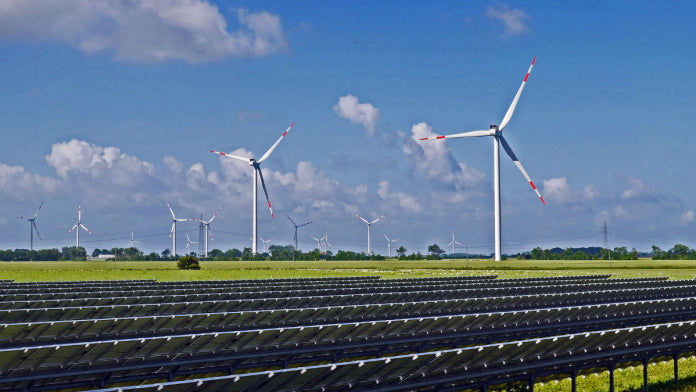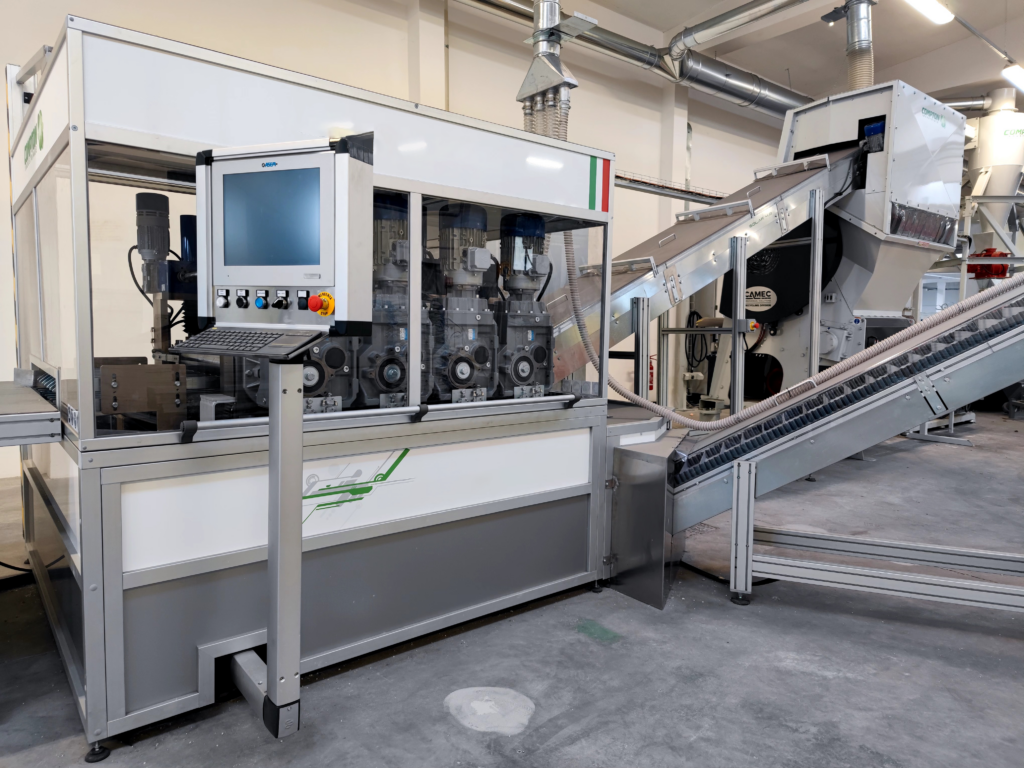https://solarquarter.com/2023/03/29/92-of-european-renewables-sellers-to-face-transformative-merchant-exposure-by-2027-survey/
92% of European Renewables Sellers to Face ‘Transformative’ Merchant Exposure by 2027: Survey
As renewable energy markets move into a post-subsidy world, the vast majority of European energy sellers expect a significant increase in the exposure of their portfolios to the volatile merchant market within the next five years – according to the Renewables Industry Survey Report 2023, launched this week. Currently, 26% of 543 renewable energy sellers surveyed state that less than 10% of their portfolios operate on a subsidy-free basis exposed to price risk. Looking ahead to 2027, 30-50% was the most common answer for future expectations of exposure to power market risks.
The survey demonstrates that this shift into the open markets is fundamentally changing the risk profile of renewables as a sub-asset class of infrastructure investing. Focus has moved from low maintenance, low risk/return profile investments typically underpinned by long-term contracts with government entities, towards ‘core plus’ investments seen as ‘unconventional’ plays with a potentially higher upside.
This is having a transformative effect on renewable energy business models, evidenced by an increased focus on risk management. More than 65% of respondents view risk management as a critical prerequisite to mitigate the ‘holy trinity of renewable risks’ – price, profile and volume. Measuring, monitoring and managing these risks is deemed essential to providing investor confidence and meeting growth targets.
Another key outcome is the rise in prominence of the Independent Power Producer (IPP) business model. More than 75% of developers surveyed have either fully or partially transitioned into an IPP, with the rest seeking to do so in the future. The aim is to capture long-term value by holding onto their assets into the operational phase, while maintaining their development expertise.
The Renewables Industry Survey Report 2023 is an extensive industry-wide survey conducted by Pexapark and its partners BloombergNEF, Fluence, Act Renewables, EneI X Advisory Services, and AFRY Management Consulting. It polls over 1,255 individuals from 65 countries involved in the renewable energy sector operating in the open markets, representing sellers – developers, Independent Power Producers (IPPs) and investment funds – alongside consultancies, and buyers, such as corporates and utilities.
The survey includes several aspects of growth strategies businesses are taking, such as current and future sales strategies, portfolio management practices, outlook for PPA deal considerations including volume structures, tenors and PPA price modelling, cross-border and aggregated PPAs.
Another spotlight is shone on corporate organisations, on topics such as procurement strategies, drivers for concluding PPAs and tools used. A notable learning is that, despite current market turmoil, 39% of corporate respondents mentioned no change in Net Zero targets, while more than 28% reported an advancement of goals. Merely 5% stated postponement of targets due to market turbulence.
While a third of corporate respondents are aiming to hedge between 40-60% of their consumption for the year ahead, most of the energy procured by corporates will remain un-hedged and exposed to price volatility in 2023. This may be a cause for concern at a time when intricate and complex strategies are needed to maintain progress towards net zero goals. Hedging against volatility and securing power at lower than market rates are deemed as top drivers to conclude PPAs by 72% of corporates.
In PPA structuring overall, the majority of players have PPAs of less than 10-year tenors in their portfolios, with fewer hedging with 11 to 20+ year agreements. When asked how they will be changing their tenors in the near-term future, most were unsure with the rest equally divided between going for shorter and longer hedges.
Despite their complexities, aggregated and cross-border PPAs are gaining in popularity. Almost 70% of sellers and buyers are actively pursuing opportunities in the aggregated PPA space, while 74% see benefits in cross-border PPA arrangements.
Amid these results, it is clear that leading players are making strides in the right direction, moving outside their comfort zones and looking at new tools to improve their strategic decision-making processes to tap into the exponential opportunities presented in the energy transition space.
The Renewables Industry Survey Report is an in-depth exploration of the growth plans of market players across Europe and beyond, outlining their evolving business strategies amid increased market risks.







